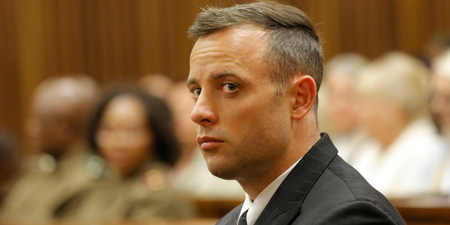Cheryl Cole has been named as the most ‘dangerous’ celebrity online this week due to research carried out by a security website.
The X Factor judge was named as “the most dangerous celebrity” by McAfee as it was revealed that 15% of search results related to the singer contained links to online threats that could pose a threat to internet users.
The firm was measuring the amount of malicious websites linked to Cheryl and warned that the public’s need for gossip has left them vulnerable to attacks from would-be hackers. These hackers often base their attacks and malicious software around links connected to a particular celebrity’s name.
Words such as ‘video’ and ‘picture’ are also used to lure people in it was revealed.

Searches such as ‘Cheryl Cole downloads’ and ‘Cheryl Cole mp4s’ were two of the riskiest searches.
“The desire for consumers to have access to the latest celebrity information can often make them vulnerable to cybercrime,” revealed McAfee labs product manager, Samantha Humphries-Swift.
“Most consumers do not realise the security risks they are exposing themselves to when searching for celebrity videos and images online. But cycbercriminals can exploit this desire for breaking celebrity news, leading consumers to sites that download harmful malware on to their devices and compromise personal date.”
Other celeb names to be careful of when you are googling include Daniel Radcliffe of Harry Potter fame (who came in second place), followed by Jessie J and all five One Direction boys – with Harry Styles being the highest ranked of the group.
Globally, US chat show host, Jimmy Kimmel was named as the most dangerous star to search for, with a 19.38% risk of threatening content.
McAfee has published a list of steps for web users to follow in order to prevent themselves becoming victims of cybercrime. This includes warnings about free downloads and sticking to official websites only.














































